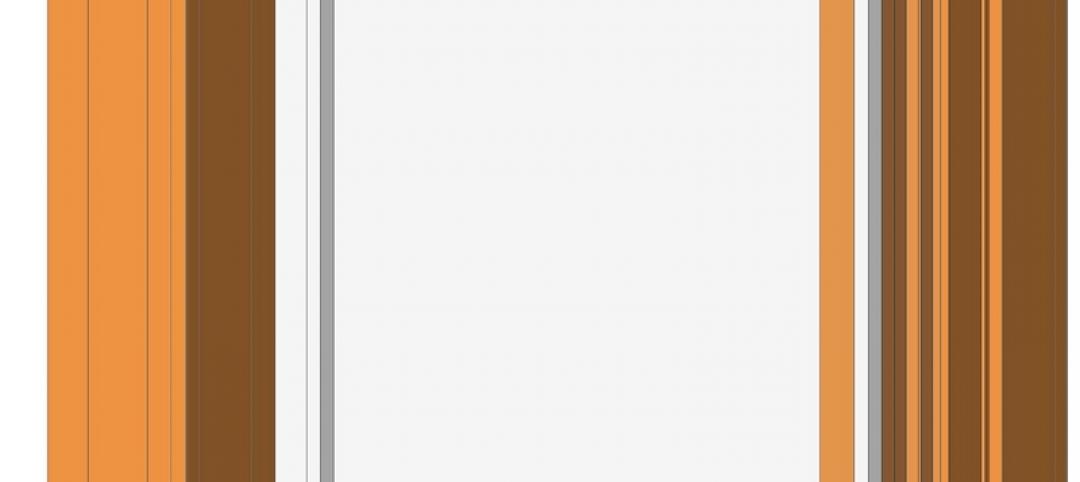The International Code Council (ICC) stripped the rights of local governments to vote on provisions of new versions of the International Energy Conservation Code (IECC).
The move could make it harder for cities to reduce their greenhouse gas (GHG) emissions within building sectors. The ICC’s new code development system gives the construction and gas industries more control by replacing localities’ voting power with a new process that still factors in local-level input, but gives industry groups more say in the end result of code development.
States typically adopt the ICC’s most recent standards for their building codes. If new code versions are less ambitious in promoting energy efficiency and cutting GHG emissions, cities are likely to adopt less stringent state codes.
More than 200 organizations and individuals submitted comments to the ICC surrounding its decision to end government voting, with 75% of those comments opposed to the action.
Related Stories
| Aug 19, 2013
Baltimore City Council committee OKs taxpayer assistance for $1.8 billion Harbor Point mixed-use project
A Baltimore City Council committee approved a plan to give millions in taxpayer assistance to the $1.8 billion Harbor Point development.
| Aug 19, 2013
Philadelphia to enforce building energy benchmarking in October
The City of Philadelphia has begun to send out compliance notices regarding its Building Energy Benchmarking Law.
| Aug 19, 2013
Eliminating Fannie Mae, Freddie Mac part of Obama’s housing proposal
President Barack Obama this month outlined a series of policies he said would continue to boost the housing market, including a long-ignored legislative proposal that would allow more Americans to refinance at current low mortgage rates.
| Aug 19, 2013
HUD, New York City collaborate on research center to boost storm resilience
The U.S. Housing and Urban Development Department and New York City will collaborate on a project to create a new research institute and a city-federal park at Jamaica Bay, Queens.
| Aug 16, 2013
Dept. of Homeland Security offers tool to analyze building risk and resilience
The Integrated Rapid Visual Screening tool is designed to determine initial or relative risk and resilience for buildings based on visual inspection only.
| Aug 8, 2013
AAMA releases specification for non-residential fenestration BIM
The American Architectural Manufacturers Association (AAMA) released AAMA 912-13, Voluntary Specification for Non-Residential Fenestration Building Information Modeling (BIM).
| Aug 8, 2013
New green property index could boost REIT investment in more sustainable properties
A project by the National Association of Real Estate Investment Trusts (NAREIT), the FTSE Group, and the U.S. Green Building Council to jointly develop a Green Property Index could help REITs attract some of the growing pool of socially responsible investment money slated for green investments.
| Aug 8, 2013
Boston reaching for solutions to threat of rising sea levels on waterfront development
While Boston officials consider whether to enact new building codes to resist flooding stemming from climate change-induced rising sea levels, developers are already boosting resiliency on new projects.
| Aug 8, 2013
EPA’s National Stormwater Calculator aids developers
The Environmental Protection Agency has released an application called the National Stormwater Calculator that uses soil conditions and rainfall records to estimate annual rainfall and runoff for any location in the U.S.
| Aug 8, 2013
Bipartisan bill would strengthen model building codes to boost energy efficiency
The Energy Savings and Industrial Competitiveness Act, a bipartisan U.S. Senate bill, would strengthen model building codes to make new homes and commercial buildings more energy efficient.

















